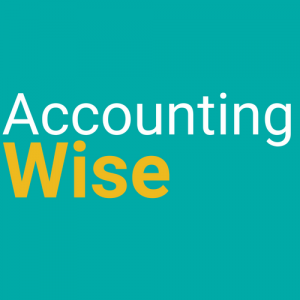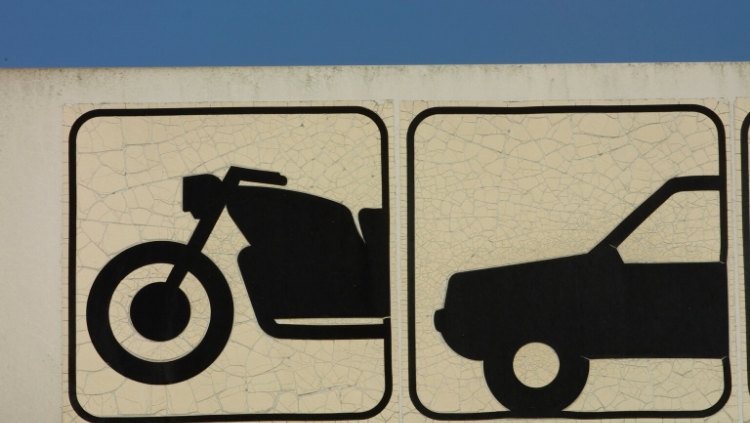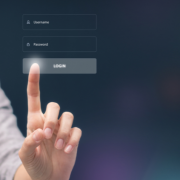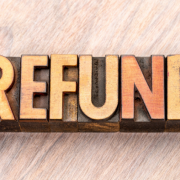Should I have a company car, van or motorcycle?
Businesses can benefit from a company car, van or motorcycle. Whether you’re transporting equipment and materials or simply travelling between clients, having a mode of company transport can be invaluable.
Taking on a company vehicle can be something of a grey area for the self-employed. Can you claim it as a business expense? What about fuel? And repairs? Are there any special taxes you need to think about?
If you run your business as a limited company and you’re thinking of getting a company car, you should always contact your accountant to discuss what the best option is for your situation. If you’re looking to get the lay of the land, however, we’ve compiled everything you need to get you started.
What are the tax obligations?
Your company car will be taxed as a benefit in kind because it is an asset or service used by you or your employee for benefit, and doesn’t feature in any salary payments.
Generally speaking, the Corporation Tax break you receive from a company car will be balanced by the personal tax you’ll need to pay on this benefit. For this reason, the most tax-efficient way to deal with a company vehicle is usually to buy the car personally, and then claim business mileage allowance.
Company cars and vans
The current business mileage rate for cars and vans is set by HMRC at 45p for the first 10,000 miles, and 25p thereafter. If you are paid at a rate higher than that set by HMRC, you’ll need to report the difference on your annual P11D return.
Company bikes and motorcycles
Bikes and motorcycles are also subject to business mileage rates – for motorcycles, the rate is fixed at 24p for all miles travelled. For normal push-bikes, the rate is also fixed for all miles travelled at 20p.
What else can I claim as a travel expense?
There are other travel expenses you can claim on your company vehicle, including:
- Vehicle insurance
- Parking
- Breakdown cover
- Repairs and servicing.
Just remember to check in with your accountant before you go ahead and make any of these claims – they’ll be able to give you more tailored advice about what you can claim.
What other expenses can I claim?
This handy guide will help you save money by giving you detailed instructions on exactly what you’re entitled to claim as business expenses – and how to go about doing it. You might be surprised to learn about the various business expenses that you never thought you could claim before.
Need anymore advice about company cars, vans and motorcycles or you are looking for an accountant? You contact Accounting Wise on 0330 113 8442 or Request a call back.









